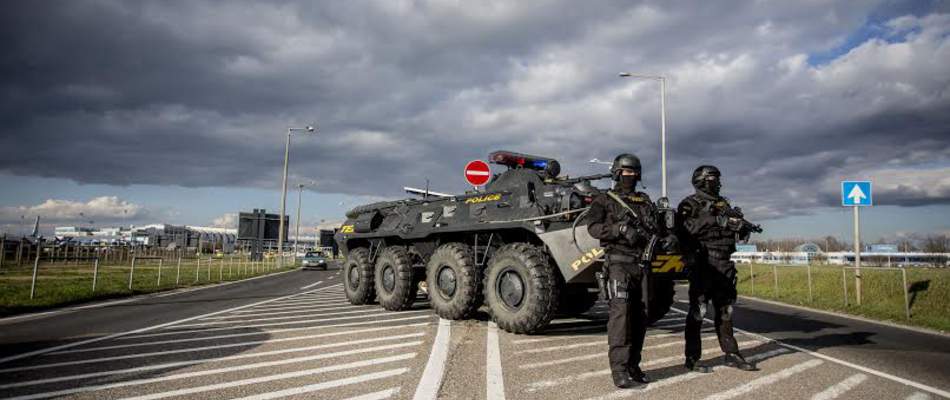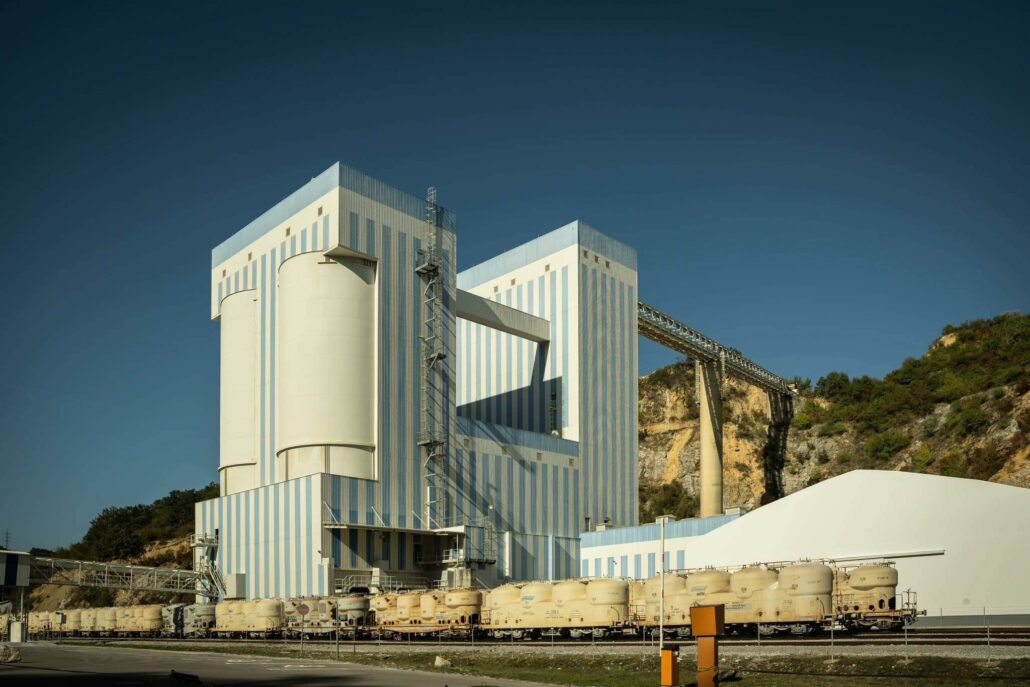FM Szijjártó: Investors have unbroken trust in Hungary
Hungary has drawn investments worth EUR 13 billion this year, up from a record 6.5 billion in 2022, Foreign Minister Péter Szijjártó said at the inauguration of a new plant of Swiss-owned industrial mineral producer Omya in Eger, in northern Hungary, on Tuesday.
The HUF 5.7 billion (EUR 14.7 million) investment received a HUF 260 million (EUR 668,940) government grant, Szijjártó said. The new plant will require highly skilled workers, and will contribute to agricultural productivity in Hungary, he said.
The Omya plant is the third investment by a Swiss company announced within the past ten days only, Szijjártó noted, adding that Switzerland was the 11th largest investor in Hungary, with Swiss companies employing some 31,000 people. Bilateral trade jumped to over EUR 2 billion last year, he said.
Read also:
- Fidesz accuses European Parliament of trying to interfere in Polish elections
- FM Szijjártó: European environment poor, Hungarian economic outlook positive
Szijjártó marks Day of German Unity
Germany is an important ally and strategic partner of Hungary, with the ties connecting the two countries’ economies, localities, cultural, scientific and educational sectors, Szijjártó said at a gala event marking the Day of German Unity in Budapest on Tuesday.
The reunification of Germany on October 3, 1990, when the former Communist German Democratic Republic merged with the Republic of Germany, was a “pivotal” event that changed the course of events in Europe, he said.
Szijjártó condemned the “blocks” built in the 20th century, which “separated families and friends, Germans from Germans, Hungarians from Hungarians, even Hungary from Europe,” he said.
Hungary and Germany both grasped the opportunities after the fall of the Iron Curtain, and forged a “rich and colourful cooperation” over the decades since then, he said.
“Of course, we don’t agree on everything … but accepting that Europe is a community of varied political views and traditions can help in cooperation as we go on our own way in sectors that are a national competence,” he said.
Interdependency has increased due to the recent crises, and so the closest possible cooperation is necessary in strategic goals such as improving European competitiveness, defence, international development, and the EU integration of the Western Balkans, he said.
Germany is Hungary’s most important economic partner, with bilateral trade coming to nearly EUR 70 billion last year. That record is expected to be topped this year, he said. German investors are the largest group in Hungary, employing some 300,000 people, he said.
The Hungarian government supported the investments of 187 German companies over the past nine years, he said.
The ethnic German community living in Hungary is an important link between the two countries, he said.
“The Pan-European Picnic, opening the borders, and the reunification of Germany have become a symbol of freedom movements. It showed that the people’s wish for freedom cannot be suppressed. That gives us a strong foundation to go further on the path of freedom and cooperation, to make Europe strong and successful,” he said.
Read also:
please make a donation here
Hot news
Top Hungary news: train derailed, huge tax against short-term rentals, new train stations, Hungarians about the war, Dracula, cocktail bars — 21 October, 2024
Hungarian research could yield breakthrough in Covid-19 treatment
5+1 stylish cocktail bars in Budapest to explore with your friends after a long day
Railway stations in major Hungarian cities to be completely rebuilt with private capital
Young people planning armed attacks against protected persons in Hungary – US intelligence warns
Hungary, Laos agriculture ties strengthening: Minister Linkham Duangsavanh visits Budapest






2 Comments
It is not “unbroken trust” as much as a pragmatic economic and business / geopolitical risk calculation.
I always talk up our “stability” with the European Union Membership as a guarantee things won’t get too out of hand, and NATO Membership guaranteeing our security and borders.
I also point out;
Availability of significant grants and incentives (free money – both EU funds and our taxpayers “investment”),
Cheap labor (everybody wakes up when they hear how little Hungarians earn), and
The ability to run your company effectively with a Euro balance sheet to cut out HUF noise …
“Trust” is not the word I would use.
Without TRUST we have NOTHING.
Hungary, under the Orban regime, of 14 years in POWER, have decimated the word TRUST, throughout Europe & Globally – in Democratic Governed country’s.
We know of the European Union, we know of NATO, we know of the United States of America – the separation – the on-going divisions just of these (3) three pivotal NEEDS of amicable relationships for the FUTURE of Hungary, destroyed through the loss of Respect for Hungary and the ABUSE of TRUST.
Hungary, through Orban – relationships some over centuries ELIMINATED through – in major part the LOSS of TRUST.